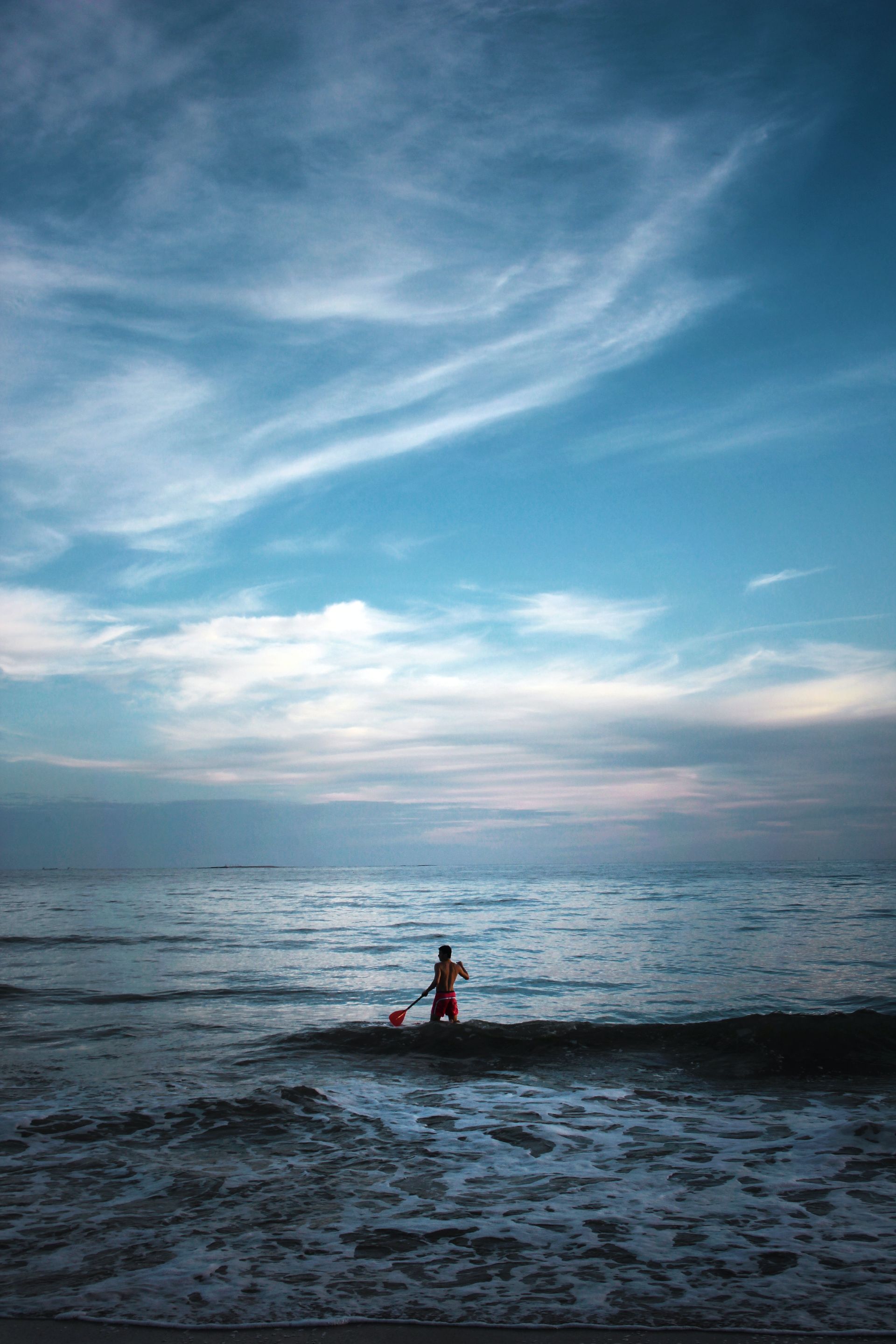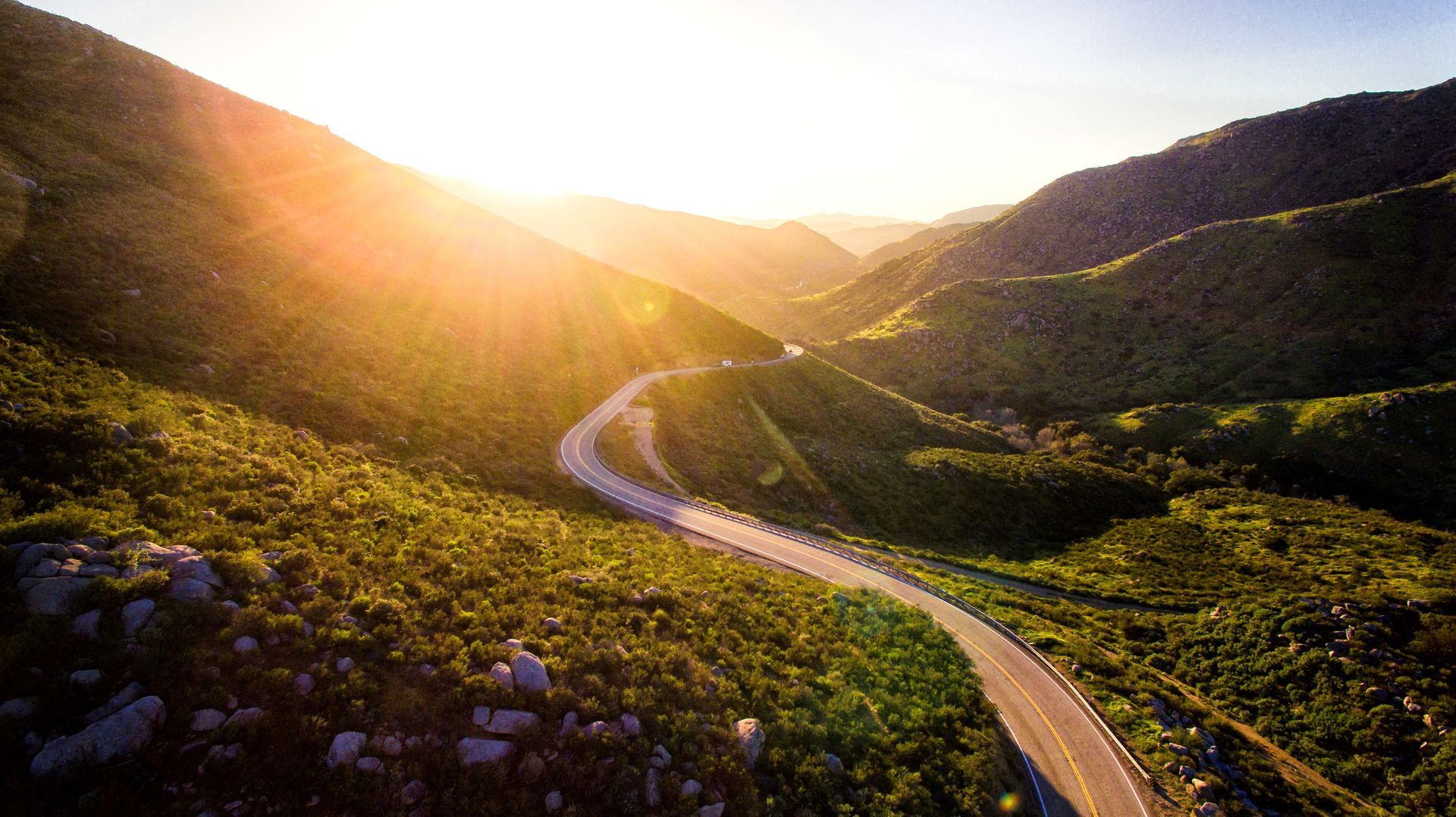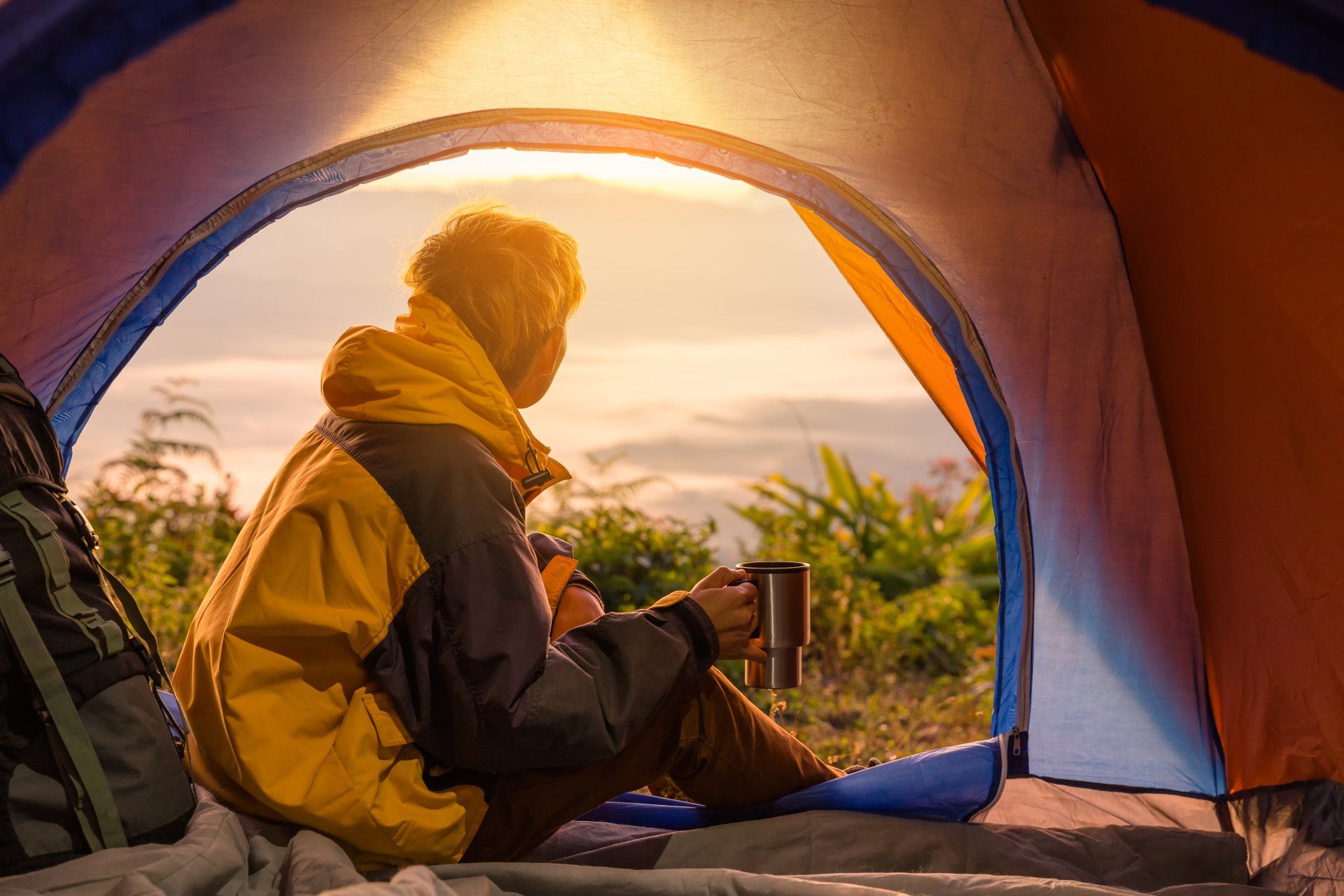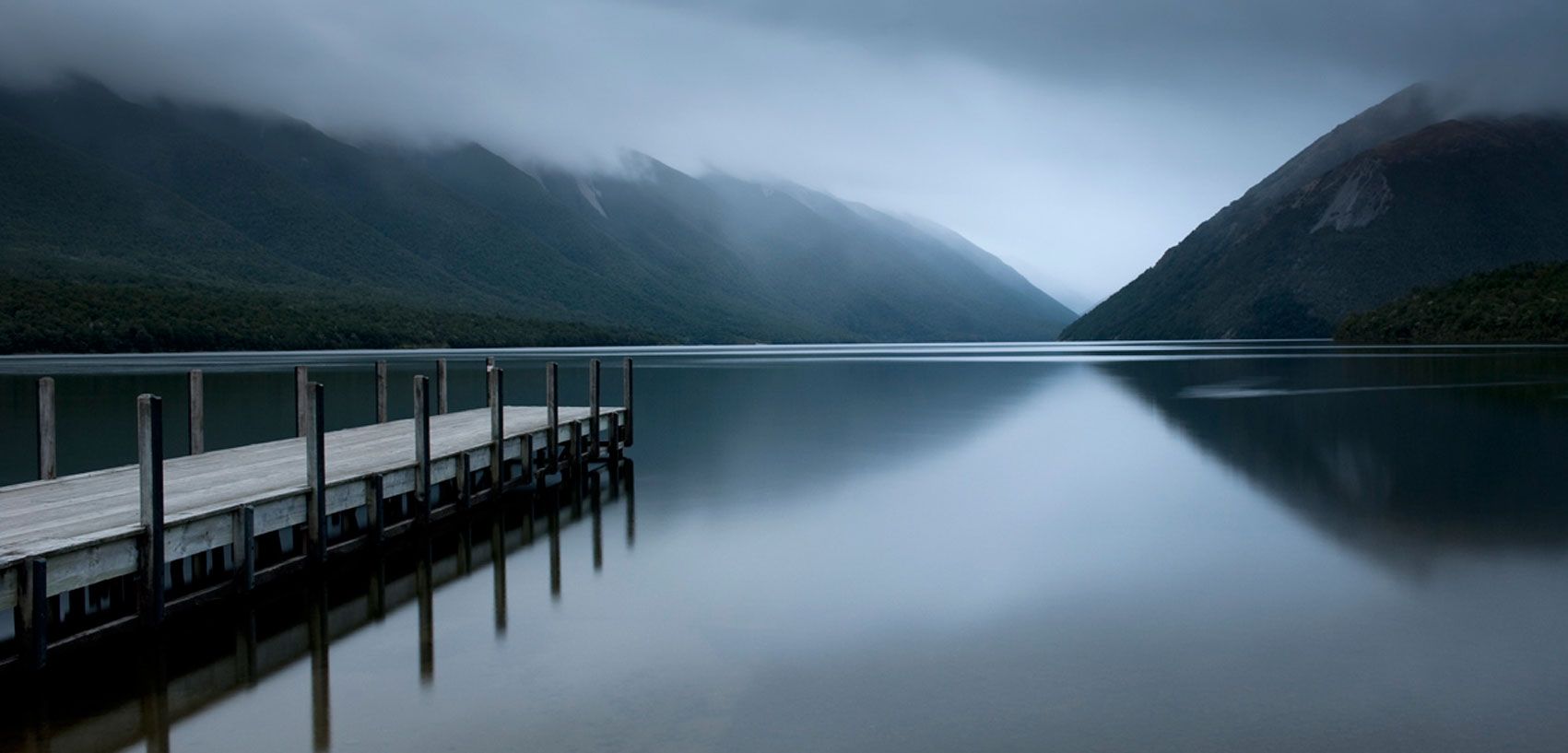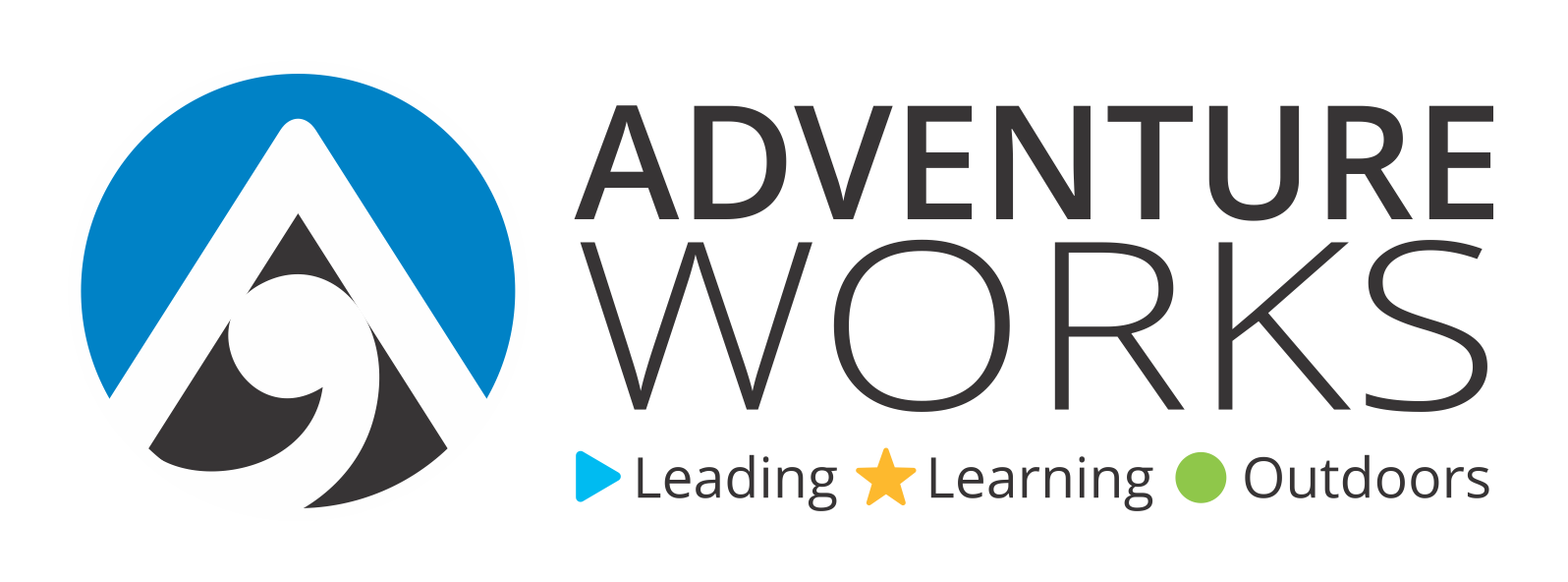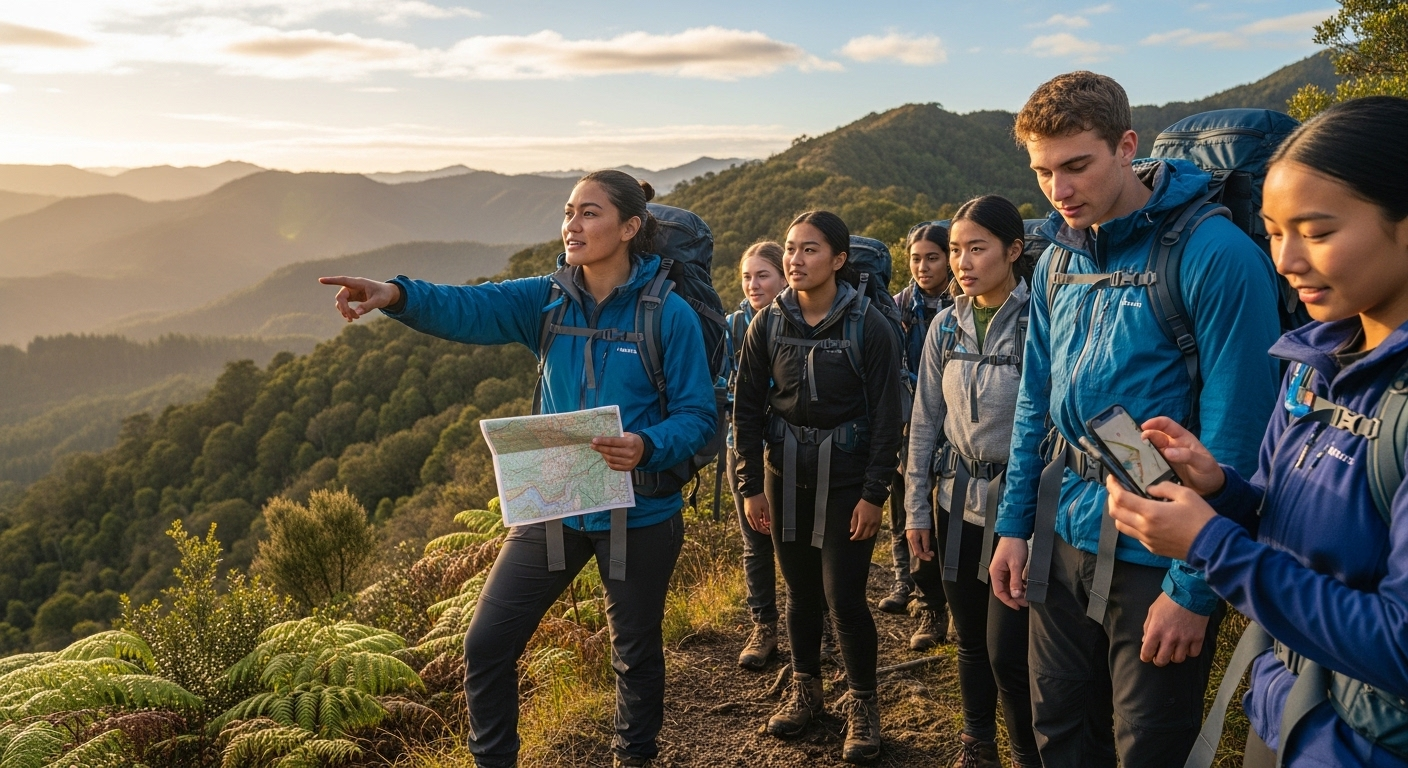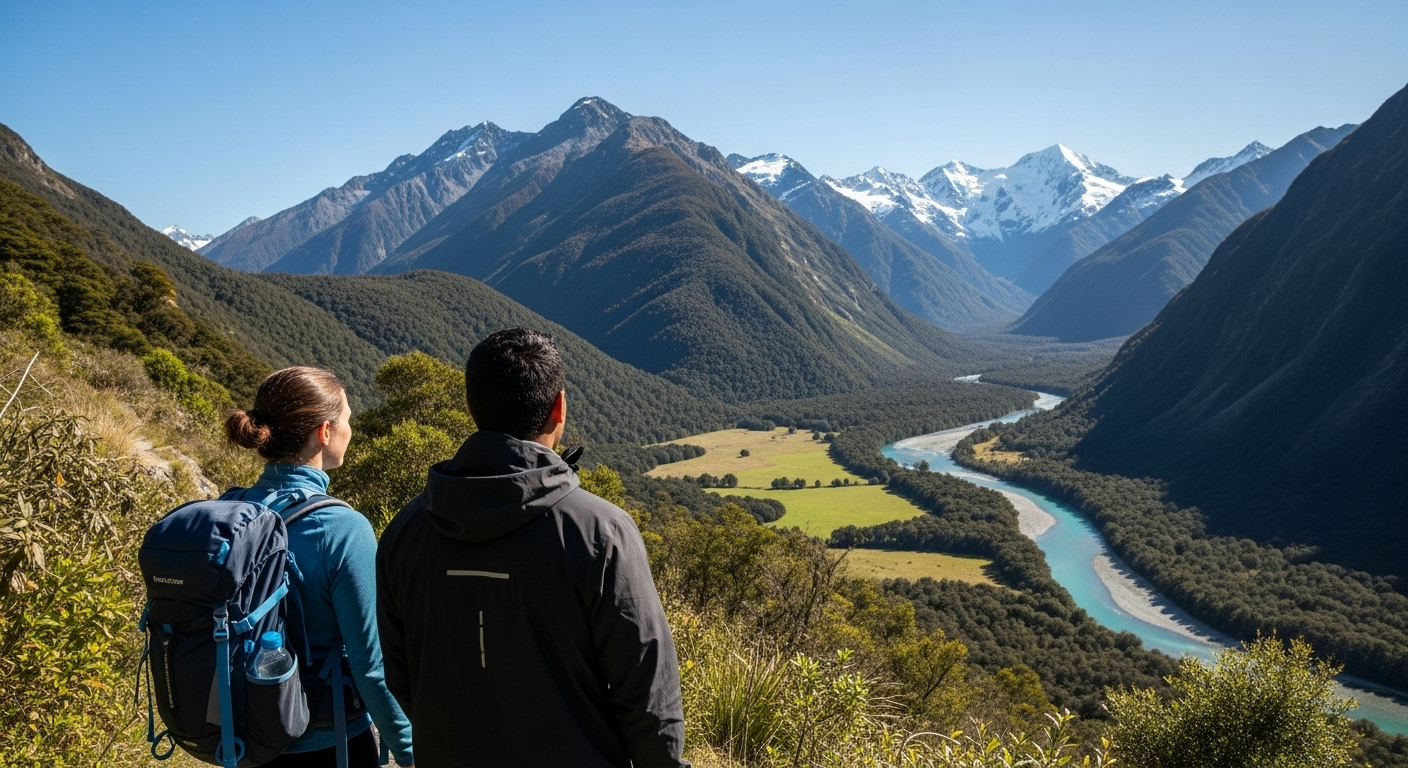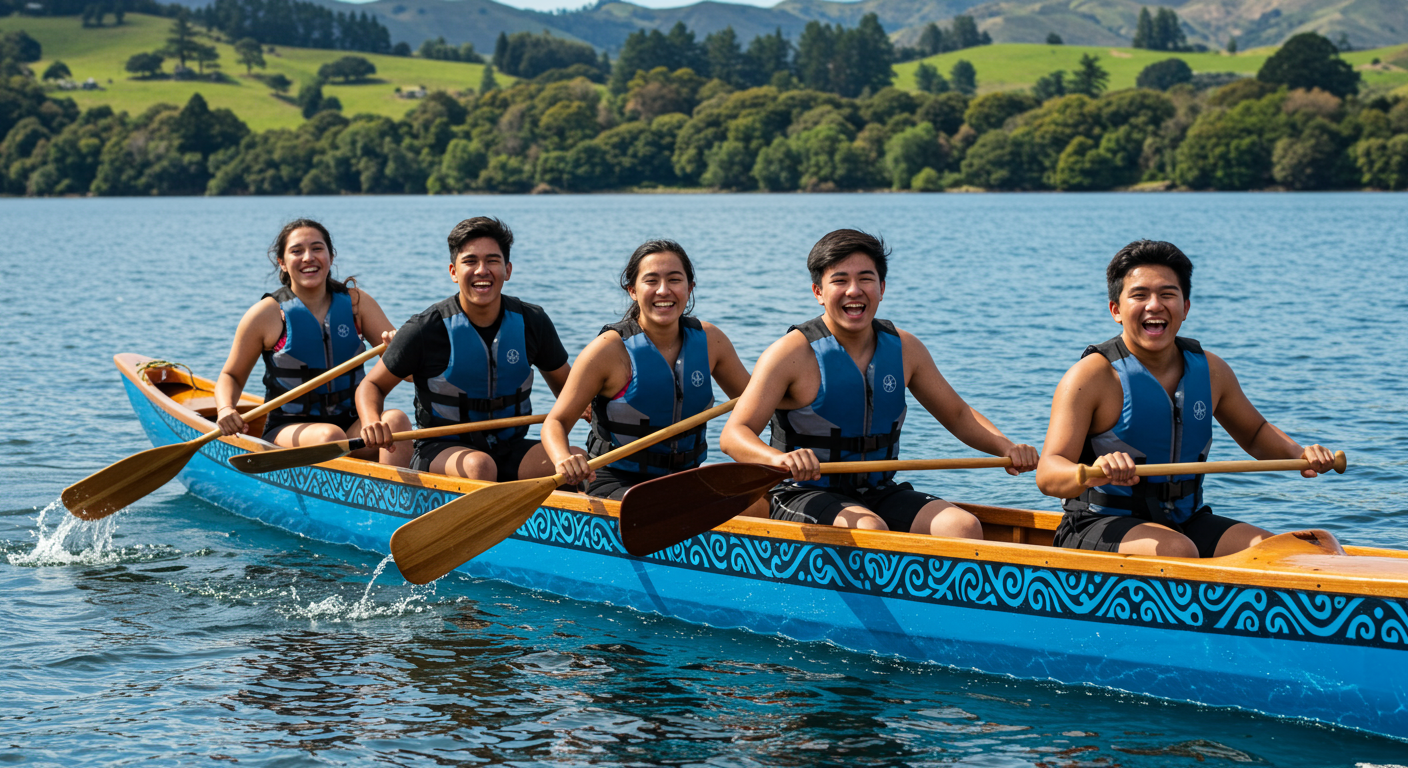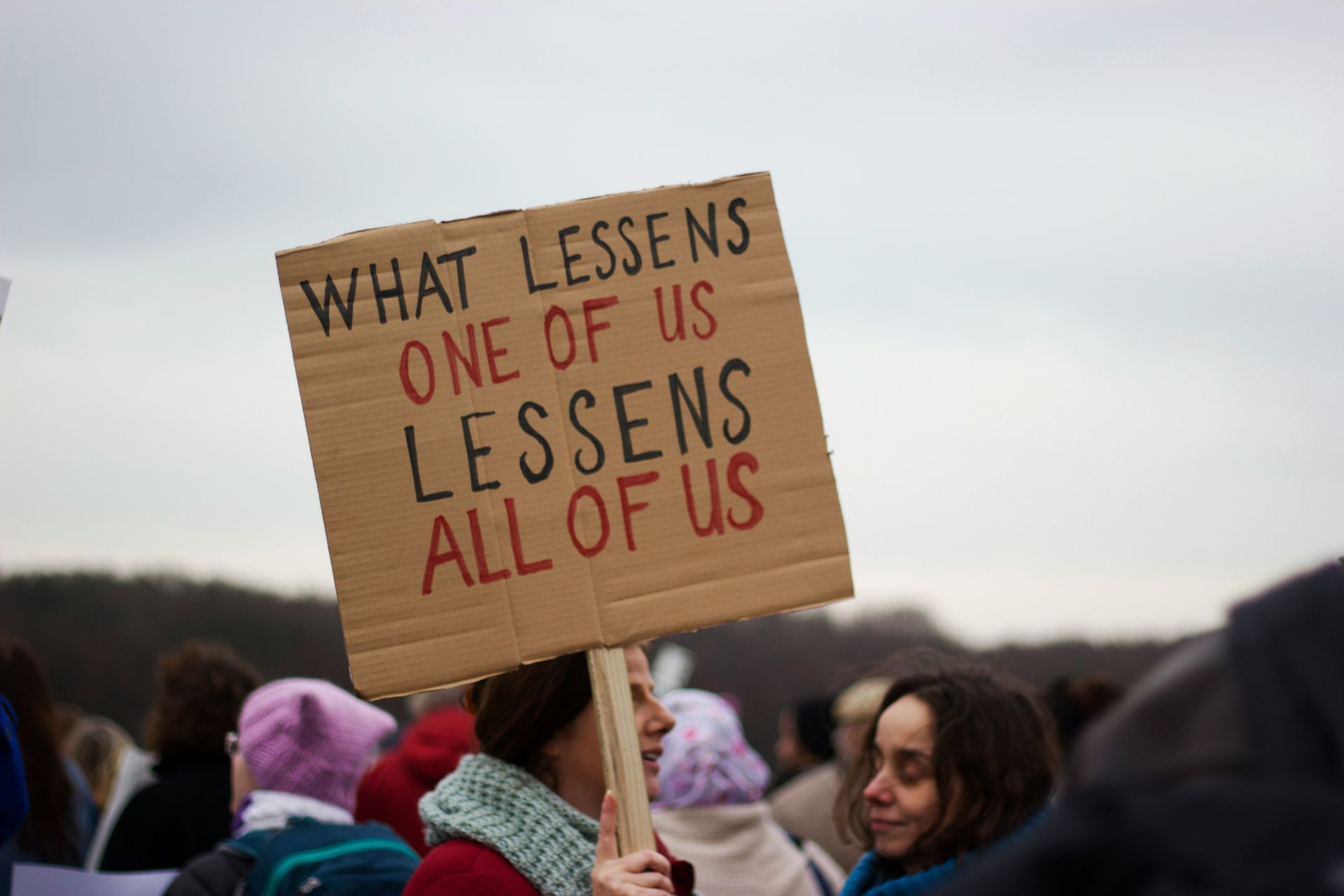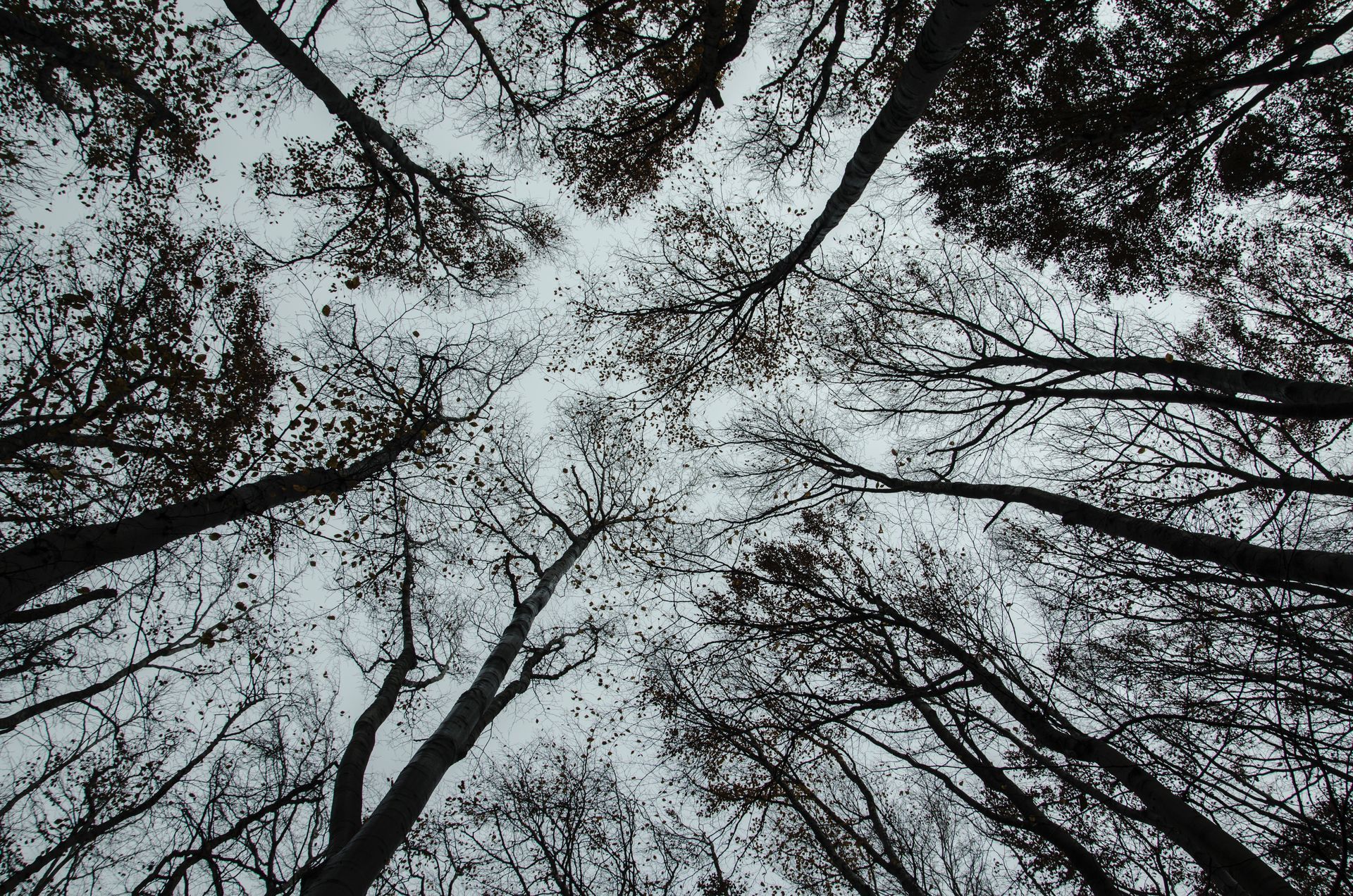The Aotearoa Classroom: The Philosophy and Practice of Outdoor Education in New Zealand
Introduction: Learning in the World’s Greatest Classroom
In Aotearoa New Zealand, we are privileged to live in a landscape that inspires curiosity, demands resilience, and fosters deep connections between people and place. At AdventureWorks NZ, we believe the outdoors is more than just a backdrop—it is an active participant in learning. Our mission is to champion the transformative power of outdoor education and to provide a trusted foundation for educators and organisations seeking to understand its unique role in New Zealand’s educational landscape.
What is Outdoor Education?
Outdoor education is a broad, dynamic approach to teaching and learning where the natural world is the primary setting. It blends physical activity, environmental connection, and personal growth through authentic, hands-on experiences. Unlike classroom-based learning, outdoor education relies on experiential learning—students learn through doing, reflecting, and applying their insights.
In New Zealand, outdoor education often integrates:
- Adventure activities (e.g., tramping, kayaking, rock climbing)
- Environmental learning (understanding ecosystems, conservation practices)
- Personal and social development (teamwork, leadership, problem-solving)
The outdoor education approach is about using the environment as both context and catalyst for meaningful, real-world learning.
A Brief History of Outdoor Education in New Zealand
Outdoor education in Aotearoa has deep roots in Māori traditions of living closely with the land and sea, where knowledge of the natural environment was essential for survival and cultural identity.
In the 20th century, influences from organisations like Outward Bound (established in Anakiwa in 1962) and the Duke of Edinburgh’s Award helped formalise outdoor learning as a recognised educational practice. By the late 1980s, schools were incorporating Outdoor Education into the New Zealand Curriculum, and tertiary training pathways for outdoor educators began to grow.
Today, the sector is supported by a network of schools, outdoor centres, community organisations, and commercial providers—each contributing to a rich tradition of learning in, about, and for the outdoors.
Core Principles of Experiential Learning
At the heart of outdoor education is experiential learning—a cycle that moves from experience to reflection, then to conceptualisation and application.
Key principles include:
- Learning by doing – Authentic tasks and challenges lead to deeper understanding.
- Challenge and support – Experiences are carefully designed to stretch learners while ensuring emotional and physical safety.
- Reflection – Guided discussion and journaling help students make meaning from their experiences.
- Transfer of learning – Skills and insights gained in the outdoors are applied to other life contexts, from classroom studies to community participation.
Psychological and Social Benefits for Students
Research consistently shows that outdoor education delivers benefits well beyond physical skills:
- Increased resilience – Facing uncertainty and challenge builds adaptability.
- Enhanced social skills – Working in groups fosters communication, cooperation, and empathy.
- Improved mental wellbeing – Time in nature reduces stress, boosts mood, and enhances cognitive function.
- Greater self-awareness – Students develop a clearer understanding of their strengths, values, and areas for growth.
These benefits align closely with the Key Competencies of the New Zealand Curriculum—especially “managing self,” “relating to others,” and “participating and contributing.”
Regulatory and Safety Frameworks
New Zealand’s outdoor education sector operates under robust safety and quality assurance systems. Key frameworks include:
- The Health and Safety at Work Act (2015) – Places responsibility on organisations to identify and manage risks.
- Adventure Activities Regulations – Require certain high-risk activities to be registered and audited.
- Education Outside the Classroom (EOTC) Guidelines – Ministry of Education guidance for schools on planning and managing learning experiences beyond the classroom.
- Safety Management Systems (SMS) – Provider-specific policies, procedures, and training to ensure best practice.
At AdventureWorks NZ, we operate under a comprehensive QMS (Quality Management System) that meets and exceeds these requirements, ensuring both safety and educational integrity.
Conclusion: Our Commitment to the Aotearoa Classroom
For us, the mountains, rivers, forests, and coastlines of New Zealand are not just scenic—they are essential partners in education. The Aotearoa Classroom is a place where learning is active, holistic, and deeply connected to culture and environment.
As New Zealand’s leading provider of outdoor education, AdventureWorks NZ remains committed to shaping the future of the sector, supporting educators, and inspiring the next generation to learn, grow, and thrive in the natural world.
